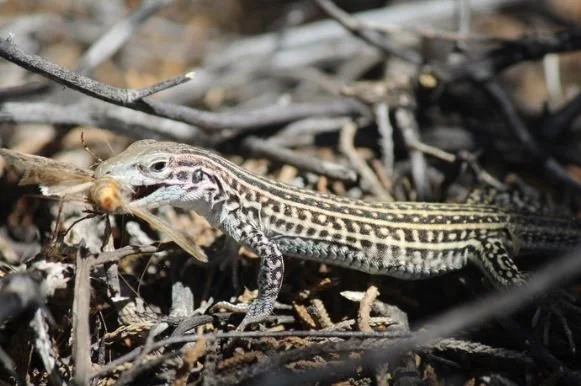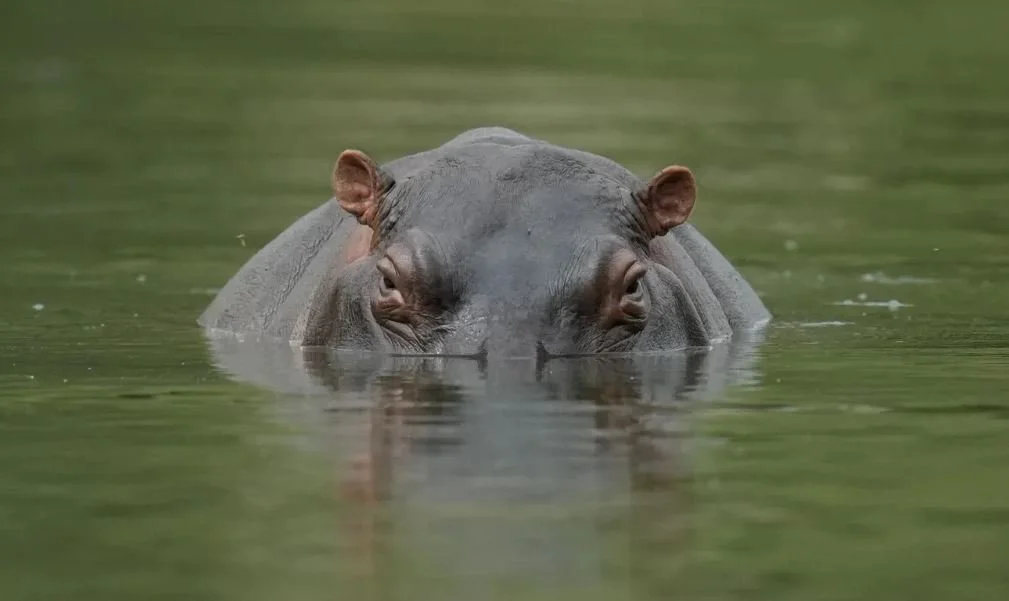Lizards Are Stress Eating Because of Noise Pollution
Researchers from the University of Utah have been studying the rare Colorado checkered whiptail lizard (Aspidoscelis neotesselatus), in particular how living on a US army base affects the little reptiles. Turns out the lizards stress-eat when they hear loud noises.
They must hear a lot of it at the Fort Carson military installation, because the airspace over the 340 square miles of the whiptail habitat is loud with Apache, Chinook, and Blackhawk helicopters, with occasional fly-bys by transport aircraft and F-16 fighter jets.
The researchers coordinated with the Army base for timed flyovers, during which they observed and captured lizards to weigh, measure, and take blood samples, before and after the noise from above. Back in the lab, they found significant spikes in cortisol – the stress hormone – in blood taken after the flyovers.
That’s how the noise affected the whiptails on the inside. Their outward behavior was more easily observed: they spent less time moving around and more time eating when exposed to noise from flyovers.
“Compensatory eating would allow individuals to maintain their energy levels during a stressful event. This is important because metabolism, physical activity, investment into reproduction, and hormonal responses require energy,” said research co-author Layne Sermersheim.
The checkered whiptail is an unusual creature, with three sets of chromosomes rather than the usual two. Moreover, the entire population is female, equipped with the neat trick of reproducing parthenogenetically: their egg cells develop without male-gamete fertilization. They are designated ‘near threatened’ by the IUCN.
The research is published in Frontiers in Amphibian and Reptile Science.
Photo credit: Carina Kusaka







